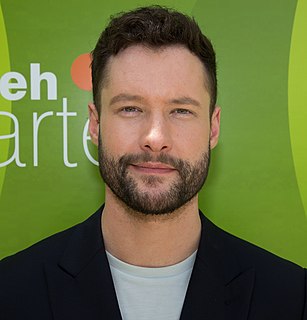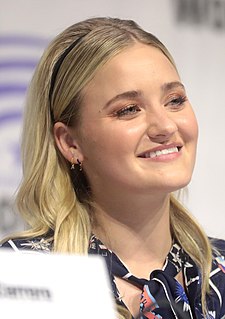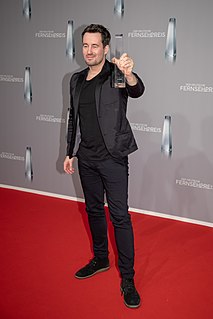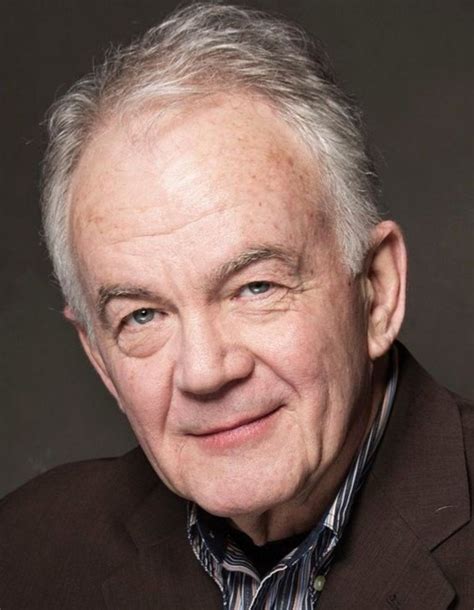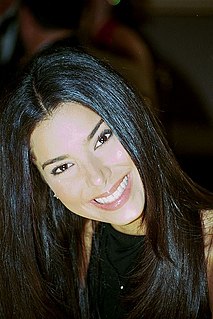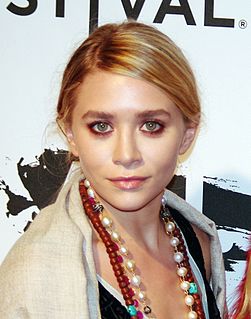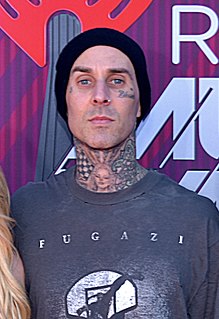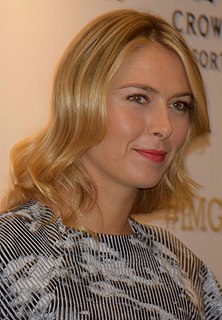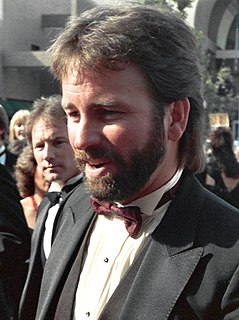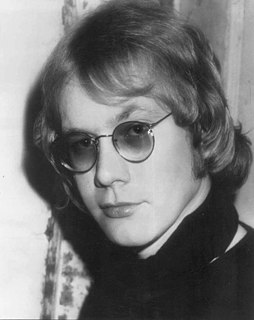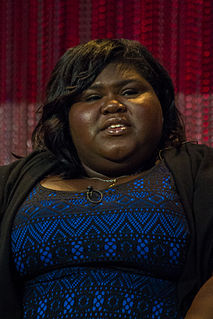A Quote by Calum Scott
I come from a very normal day job, a very normal upbringing, so I had six or seven years working in an office nine to five in human resources. I had the normal life and kind of thought maybe this is what I'm going to do for the rest of my life but still had that passion and that yearning for music.
Related Quotes
I was in a band till I was about 17; then I went to television, and I spent seven years doing that. When I came to Seattle, I started to audition for things. The passion's always there, and that's what's been the hard thing: to fit that passion into a normal life. You can't do it. You can't have a normal life and pursue this dream.
I've always wanted a normal life, and this is what I got. Being an actress wasn't a plan at all, so what's happened to me is very strange. Life isn't very normal, even though I'm still very much a normal girl. I ride the subway, I ride the bus, and all of that. It's the people around me that have changed. I love when I go to a restaurant and I walk past, and everyone waves. That's always really funny. It's strange. It just goes to show that whatever plan you have for your life, you are wrong, a lot of times.
